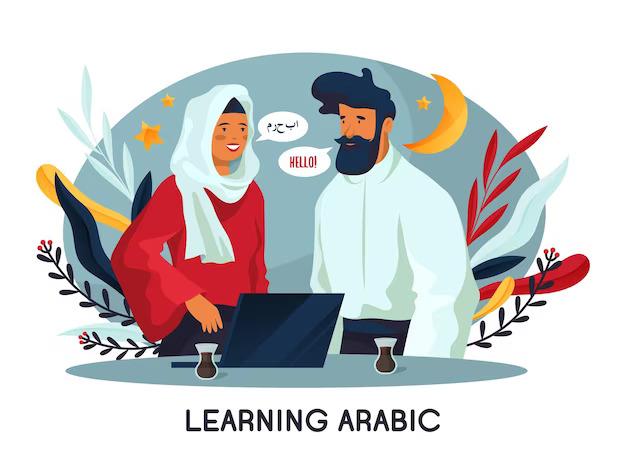Education is an essential key to success in life, opening doors to endless possibilities and opportunities. Bahrain, known for its rich cultural heritage and economic prosperity, places great emphasis on providing quality education to its citizens. The country has thus made remarkable progress in the education sector, providing quality education to students at all levels. From early childhood education to higher education, Bahrain has a robust education system that strives to provide the best skills and knowledge necessary for the 21st century.
In this journey of discovery, we will explore the various aspects of the education in Bahrain, including the challenges, achievements, and future developments. Whether you are a student exploring your education options or a parent seeking to understand the education landscape in Bahrain, this article is for you. So, sit back and prepare to take a tour of education in Bahrain, the land of pearls.
The Challenges of Education in Bahrain
While Bahrain has achieved much in the education sector, there are still challenges that administrators, educators, and students face. One of the primary challenges is the need for a modern and relevant curriculum that prepares students for the ever-changing job market. Bahrain must ensure that its education system is aligned with the industry needs of today’s economy.
Another challenge is the disparity in access to quality education for students in rural areas. Students in these areas face many difficulties, such as inadequate infrastructure, a lack of teaching staff, and a shortage of essential learning materials. Finally, the cost of education is also a challenge for many families, which has led to a high dropout rate among students in some areas.
The Achievements of Education in Bahrain
Despite the various hallenges faced by the education system, Bahrain has made significant achievements in the field of education. The literacy rate in Bahrain stands at an impressive 95.7%, which is due to the government’s efforts to provide free education to all levels. Bahrain has also implemented educational reforms to enhance the quality of teaching, including the training of teachers and equipping schools with modern technology. These efforts have led to the recognition of Bahrain’s education system as one of the most advanced and modern systems in the region.
Initiatives and Reforms in Bahraini Education
The government of Bahrain has implemented various initiatives and reforms to enhance the education system. This includes the integration of technology in classrooms, promoting research and innovation, fostering partnerships with international institutions, and enhancing the competency ans skills of teachers and educators through various professional development programs in all major parts of the country.
Promoting Inclusivity in Bahraini Education
Bahrain is committed to ensuring inclusive education for all its citizens. Efforts have been made to accommodate students with special needs and create an inclusive learning environment. Special education centers and inclusive best schools in Bahrain provide tailored support and resources to students with disabilities, promoting their integration into mainstream education.
Training- Important Part of Education in Bahrain
Bahrain recognizes the importance of technical and vocational education and training (TVET) in meeting the demands of the job market. TVET institutions offer specialized programs that equip students with practical skills, enhancing their employability. These programs thoroughly cover a wide range of industries, including healthcare, engineering, hospitality, and business.
Future Developments of Education in Bahrain
Bahrain envisions a bright future for the education sector as it strives to further develop its education system. The government has made several plans to ensure that students are supplied with relevant skills and knowledge that will enable them to compete globally. One such plan is the digitization of the education system that will enable students to learn remotely and access online learning resources. The government is also working on establishing more vocational schools that offer practical skills and training alongside a curriculum that emphasizes critical thinking and problem-solving skills.
Another major development in Bahrain’s education system is the focus on the inclusion of students with special needs. The government is working towards creating an inclusive education system that provides equal opportunities for students with disabilities and special needs. This is done through the provision of specialized teachers, adapted curriculum, and the establishment of special schools.
Conclusion
Education is a vital aspect of economic and social development, and Bahrain recognizes this by investing heavily in its education system. The country has achieved much in the education sector, but there is still much to be done. The stakeholders of Education in Bahrain must work together to overcome the challenges and ensure that Bahrain’s education system remains competitive and relevant. This will require a collective effort from policymakers, educators, parents, and students to achieve the vision of a modern, advanced, and inclusive education system. Bahrain has all the potential to be a leader in education in the region, and the journey of discovery awaits.
